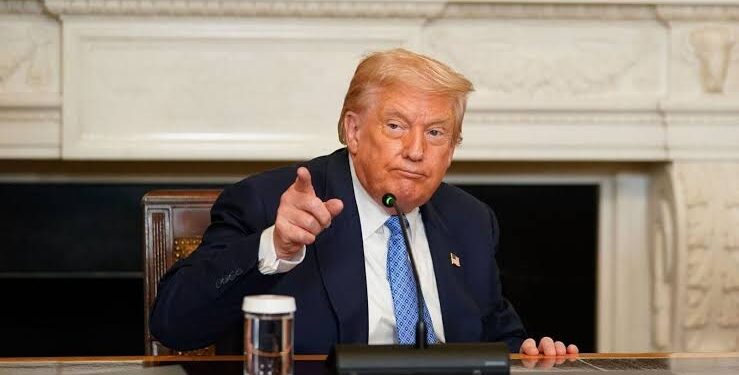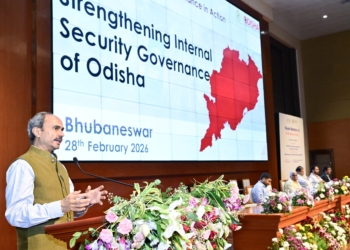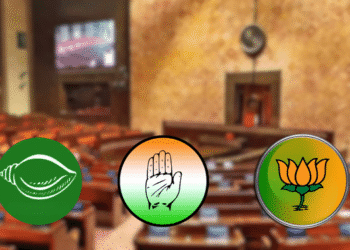US President Donald Trump on Thursday called on European leaders to halt purchases of Russian oil, citing Moscow’s use of fuel revenues to fund the war in Ukraine. The call came just days after Washington imposed an additional 25% tariff on Indian imports, penalising New Delhi for buying Russian crude.
The discussions took place following a Paris summit hosted by French President Emmanuel Macron, attended by Ukraine’s President Volodymyr Zelensky, while UK Prime Minister Keir Starmer participated remotely. According to a White House official, Trump also pressed European leaders to apply economic pressure on China for allegedly supporting Russia’s war effort.
“Europe must stop purchasing Russian oil that is funding the war — as Russia received 1.1 billion euros in fuel sales from the EU in one year,” the official quoted Trump.
Context of European Energy
Most European countries ceased importing Russian crude in 2022 and refined fuel in 2023. However, certain nations like Hungary and Slovakia have continued limited purchases. The European Commission has proposed legislation to phase out EU imports of Russian oil and gas by January 2028. Trump’s remarks highlighted the need to accelerate Europe’s energy independence from Russia.
Trump’s India and China Stance
Trump’s latest statements follow the tariff action against India, aimed at discouraging New Delhi’s Russian oil imports. He also criticized China for allegedly funding Russia’s war. The White House indicated Trump would soon speak with Russian President Vladimir Putin, with Kremlin spokesman Peskov confirming the call could be arranged quickly.
Macron emphasized that the US and Europe would work more closely on future sanctions, targeting Russia’s oil and gas sector as well as China’s support for Moscow.
Trump has expressed frustration over his inability to end the Ukraine conflict swiftly, having initially predicted a quick resolution early in his current term. Meanwhile, his administration continues to pursue tariffs and sanctions selectively, reflecting a mix of economic pressure and geopolitical strategy.





























